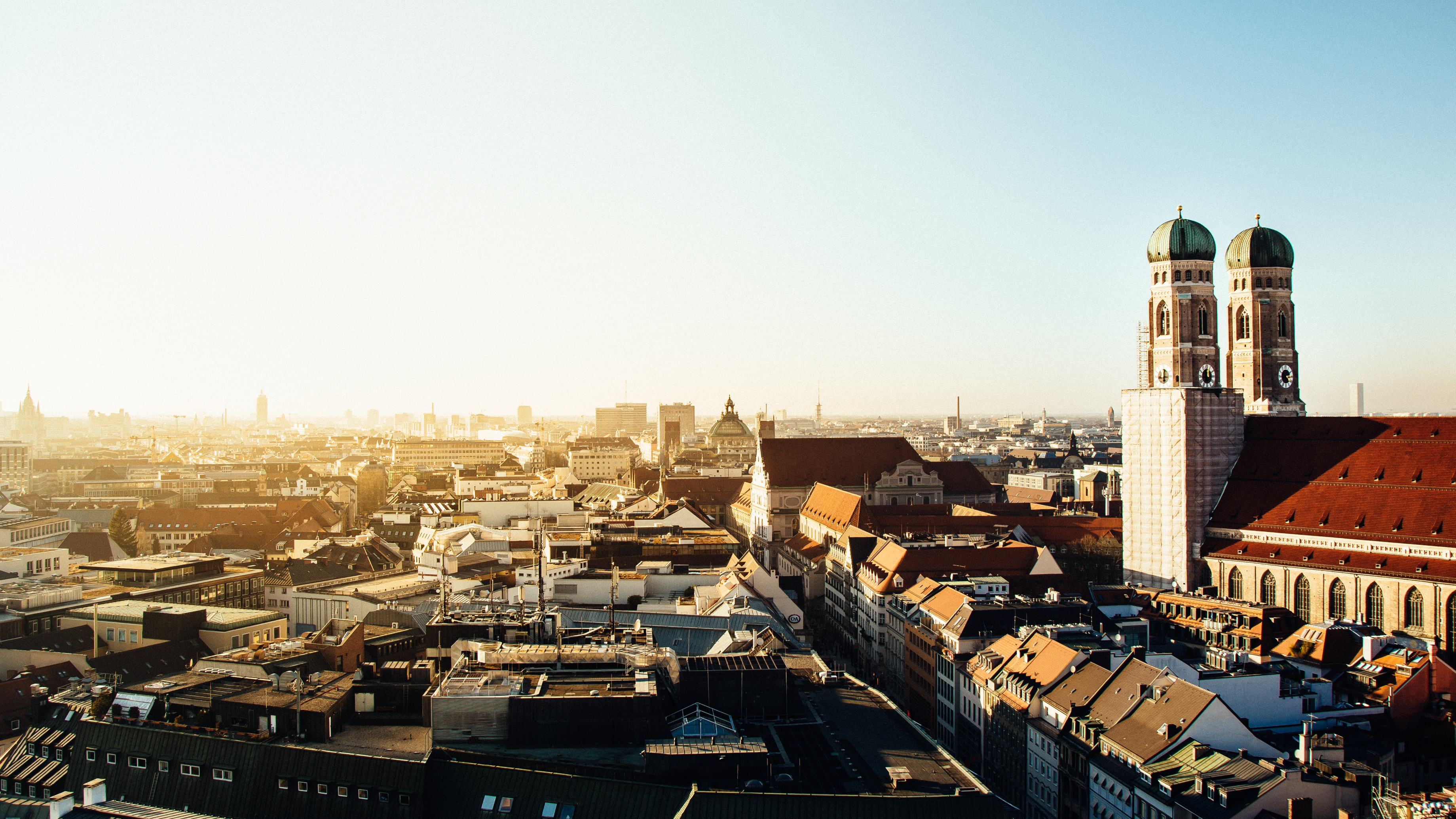Travelers on EF Study Abroad programs can receive our EF/Nobel Prize Museum Global Citizen Certificate, issued by EF Education First and the Nobel Prize Museum, upon completion of a multimedia project based on their study abroad experience. The Global Citizen Project is designed to equip students with the skills to be leaders for peace and global prosperity and can use this certificate of completion in their own resumes, LinkedIn profiles, and portfolio. Learn more about our Global Citizen Project.

Our travelers responded to this prompt: The Nobel Prize Museum celebrates the world-changing ideas of the Nobel Laureates, and their commitment to making the world a better, more truthful place. How did your travel experience help you deepen your appreciation of the global dimensions of your program, uncover a truth about the world, develop a new idea, or provide you with the knowledge, skills and attitudes that will enable you to contribute to making the world a better place?
The German Experience
Project submitted by: Dhawal Ranka, University of Texas at Arlington
On the first day of our study abroad trip, we were meant to gather at our hotel in Munich. I flew from Dallas to Munich, with a stopover in Frankfurt, on a Lufthansa flight. After arriving in Munich, I was surprised to see the city’s excellent public transit system: the U-Bahn and S-Bahn trains. The city’s rail systems were distributed around the country. To be honest, I expected German culture to be like American culture. However, seeing it in person was a whole other experience.
Germans have a tradition of holding on to history. History is an important component of their culture. I expected a lot of German history to be related to the World War II because it is usually recognized as one of the most devastating moments in the country’s history, but they have a lot more to display than just the World War II era. From the efficiently connected cities to displaying their talent in the form of beautiful hand-crafted buildings, Germany has a lot to show. It is home to some of the best designers and craftsmen in the world.
One interesting fact I discovered was that Germans adore bread. They have an incredible appetite for bread. While going through the Munich market near the city hall, I saw several businesses primarily selling bread. Food is an intriguing aspect for most tourists visiting the country, since German food might not be for everyone. It may or may not be appetizing at times. Overall, I had a great time eating German food. Most of the time, it was easy enough to know what you were eating; I rarely encountered German food that looked complicated enough to take a long time to prepare. They prefer their food to be simple.
In addition to the cuisine, beer is an essential component of Bavarian culture. There were a total of six important breweries that the city of Munich relied on to support distribution throughout the city. Only these six vendors were given permission to sell their products at Oktoberfest, which is widely considered to be a major celebration in all of Europe.
I feel that Western culture is increasingly impacting the nations of the East. There are some things that both countries can learn from one another. Europeans have a massive public transportation network that connects the majority of their countries effortlessly, making public transportation a defining feature of European nations. The United States, on the other hand, lacks public transportation infrastructure in most states, creating a monopoly for privatized transportation in states such as Texas.
Not only do Americans enjoy going grocery shopping in their jammies, but we are also used to doing so at all hours of the day and night. Many supermarkets are open 24 hours a day, seven days a week, so we may go shopping anytime we want. Hours are much stricter in Germany, particularly in Bavaria where some markets close as early as 6 p.m. on weekdays. It was difficult for me to grab a late-night snack in Nuremburg, since all the markets usually closed early.
During our visit, we experienced both pleasant and sorrowful experiences. Our visit to the Dachau concentration camp was both shocking and heartbreaking. Seeing the prisoners’ conditions in the camps, as well as how they were mercilessly killed and tortured, had a profound impression on my emotions. Nobody in the world should have to go through what they did during World War II. The memorial for the lost Jews in Berlin provided an intriguing insight into how the inmates felt during WWII.
Overall, this journey has been incredible and unforgettable. It has given me an understanding of how people operate and live in various regions of the world. As a foreign national in the United States, I am constantly gaining fresh perspectives on diverse cultural lifestyles, and this trip has added to my list of new experiences. Since the start of our trip, I was able to dive deep into German culture by experiencing their cuisine, lifestyle, and environment. Towards the end of the trip, I had various opportunities to talk to the locals and learn about their experience being raised in European culture. A full immersion in this culture has increased my cultural sensitivity and has opened my mind to the various complexities in the world.
See the other Global Certificate projects here.

